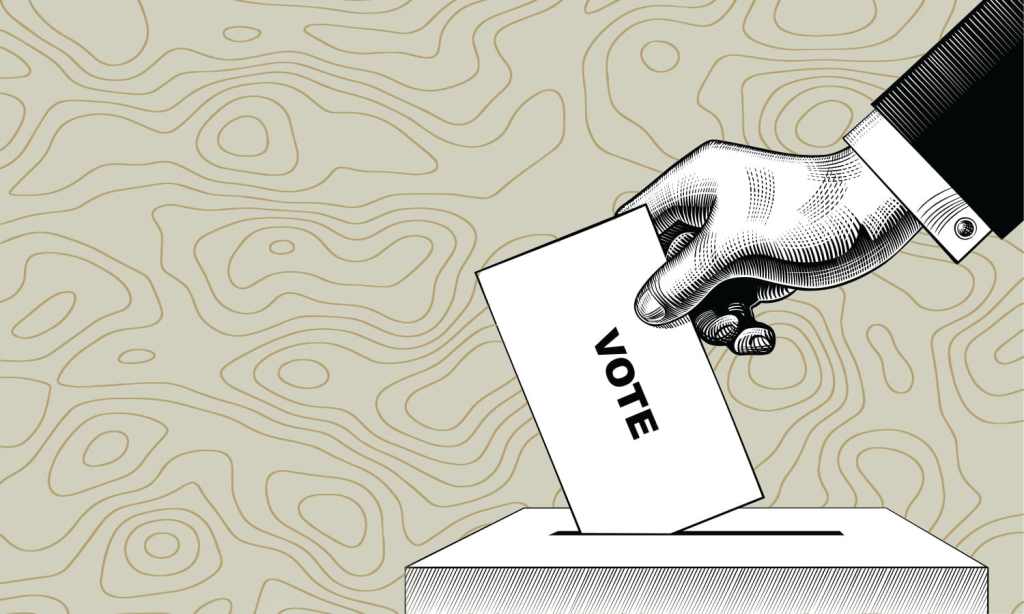If the NSW local council election has snuck up on you, don’t worry, you’re not alone. Usually held every four years on the second Saturday in September, this time around the elections were delayed by three months due to the pandemic.
Over 120 councils are hosting elections on Saturday, with all councillors up for re-election. 35 mayoral elections are also being held in some local government areas, with eight councils hosting constitutional referendums.
Local councils are the level of government below federal and state that deals with community issues such as roads, rates, and rubbish, but they are also law-making bodies that cover building regulations and development, public health issues, parks and recreational areas, libraries and other community services. They are crucial to the local functioning of an area and can play a key role in the look and feel of a particular region.
Technically referred to as Local Governments, areas of jurisdiction vary widely. Some places, like Sydney, have 35 different cities, municipalities, or shires, each with its own local government. Other regional areas have large city or municipal councils while less populated areas are typically run by shire governments.
The largest local government region in Australia is the Shire of East Pilbara, a massive 372,500 square kilometres in the central north of Western Australia that stretches right from the ocean to the Northern Territory border. By contrast, the smallest local government area is Peppermint Grove in western Perth, just two square kms in size.
With three levels of government, and elections for each held alternately roughly every four years, depending on your state, Australia sure does seem to love an election and they’re not always the most straight forward affairs. Here’s everything you need to know about local council elections in Australia.
Are Local Council Elections Compulsory to Vote?
Under federal law, voting is compulsory in all federal elections, by-elections, and referendums for eligible Australian citizens. State elections and local council elections are governed by state legislation, but all states and territories make state elections compulsory.
Local council elections are compulsory in every state and territory except South Australia, Western Australia and Tasmania.
Not every council hosts elections every time that they come around, but its important to note when and where elections will be held in your local region. Your state website is the place to go to track down where you can vote in your local council elections.
The NSW electoral commission website can tell you where you need to vote here.
State websites also have information on candidates running in each election and you should give these a read to know who and what you’re voting for.
What Happens If You Don’t Vote in Local Council Elections?
Failure to vote will result in a fine that ranges from $55 to $133, depending on your state.
These fines are normally issued after a failure to vote notice which you will receive if the state believes that you did not vote. You’ll normally have around a month to respond to this notice, including laying out any excuses for why you didn’t vote.
If the reason isn’t accepted, you’ll have to pay the fine, which will increase as long as it is left outstanding. These can be challenged in court but the outcome can increase the fine further if you don’t succeed.
How to Vote in a Local Council Election
Local council elections are normally held in community and local buildings like schools, churches, community centres. Voting typically opens at 7am and closes at 7pm on a Saturday. Walking down to any of these is easy enough and guides will be on hand to assist you with the process.
You don’t need to show ID to vote but you will need to know your home address where you are registered to vote.
Pre-polling stations are normally open around a week before the local election and some states, like NSW offer online and phone voting for people with disabilities who may find it difficult to vote in person or who have other issues with voting. These services, however, typically close early on voting day so be sure to call first thing if you plan on using one.
You don’t need to vote at a particular voting station, as long as it is within your local government area.
Read more stories from The Latch and subscribe to our email newsletter.

